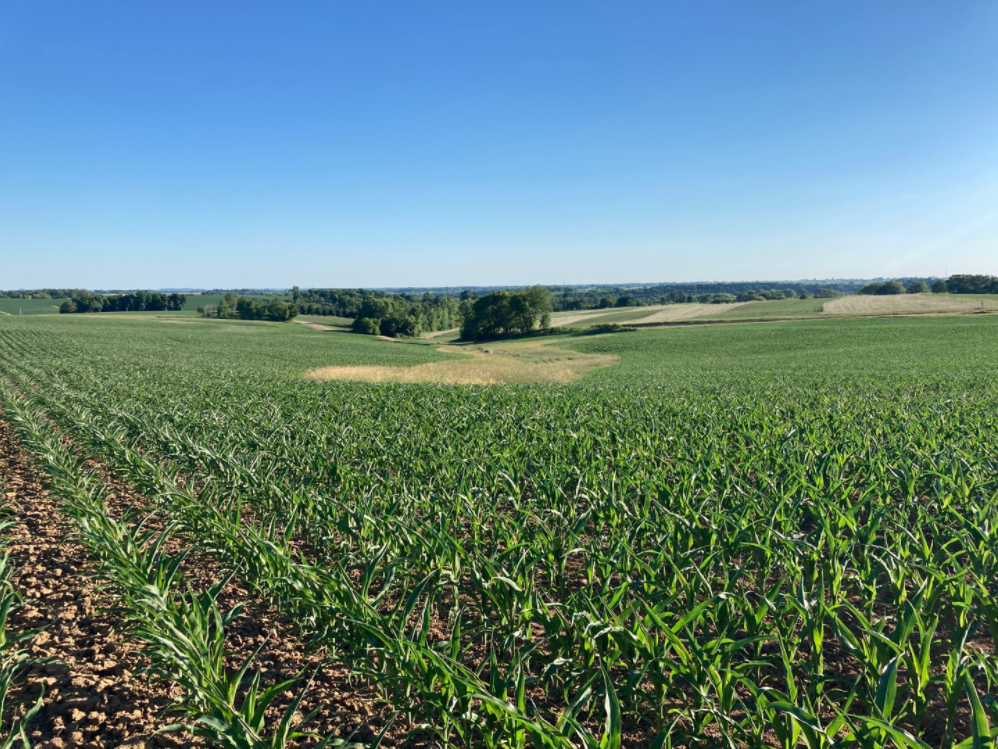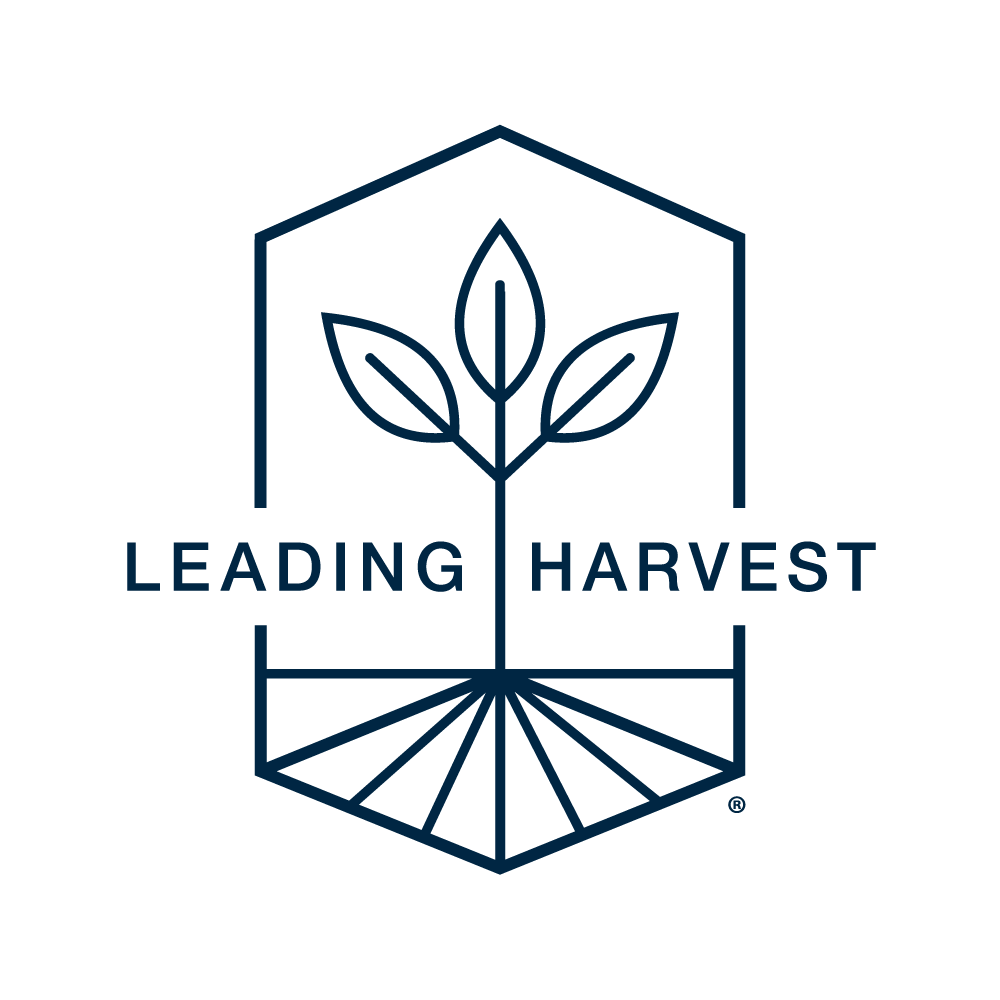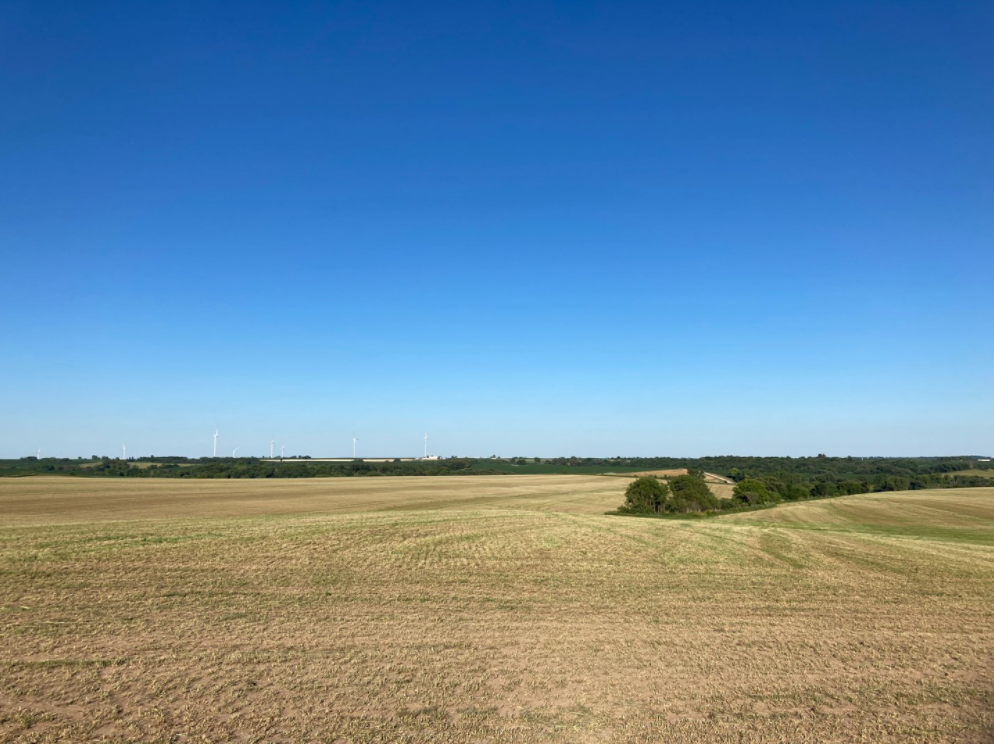
Darlington Ridge Farms, LLC
Location:
Lafayette County, Wisconsin
Years in Operation:
13 years
Leading Harvest Program User:
Kyle Maple, US Agriculture
Tenant: Jim DiGangi, Darlington Ridge Farms, LLC
Size of Operation:
1,719 acres
Crop Type:
Corn, Corn Silage, Wheat, Alfalfa, and Oats
Objective 2. Soil Health and Conservation
To maintain or enhance soil health to optimize crop yield and protect long-term soil productivity on agricultural lands.
Relevant Indicators
Indicator 2.1.1 Soil Quality:
Application of regional agricultural best management practices (e.g., tillage systems, cover cropping, addition of soil amendments) to maintain or enhance soil fertility and physical and biological characteristics of soil.
Indicator 2.1.2 Soil Health Monitoring:
Monitoring of soil health characteristics, including nutrients from different sources necessary to maintain or enhance appropriate nutrient balance and soil health.
Indicator 2.2.2 Degradation of Agricultural Lands:
A process to avoid the widespread loss of agricultural lands to soil mismanagement (e.g., failure to prevent extensive soil erosion, acidification, salinization and accumulation of other adverse compounds).
The above picture shows a row crop next to a buffer strip
The above picture shows a field of alfalfa
Leading Harvest Indicators at Work
As a way to advance erosion and runoff controls, Darlington Ridge Farms, LLC has partnered with the University of Wisconsin-Platteville to review different manure application and tillage trials. The trials specifically test how rainfall can affect surface runoff from different application methods and tillage practices.
Grass waterways, filter strips, and buffer strips (pictured above) have been installed on approximately 125 acres of the property to control erosion and runoff.
To manage soil quality and fertility, Jim began implementing the use of cover crops. Cover crops will reduce soil erosion and runoff and increase water infiltration. This combination reduces runoff of nutrients and other crop inputs. Over time, cover crops will increase soil organic matter and the overall soil structure.
“Did you know?”
Darlington Ridge Farms, LLC is an approximate 3,500 head dairy operation that entered into a lease and manure easement with US Agriculture simultaneously, efficiently using animal nutrients to fertilize the feed for those animals.
Jim is a founding and current board member of the Lafayette Ag Stewardship Alliance (LASA), which uses Field to Market to monitor the progress of sustainable farming techniques such as cover cropping and reduced tillage.




